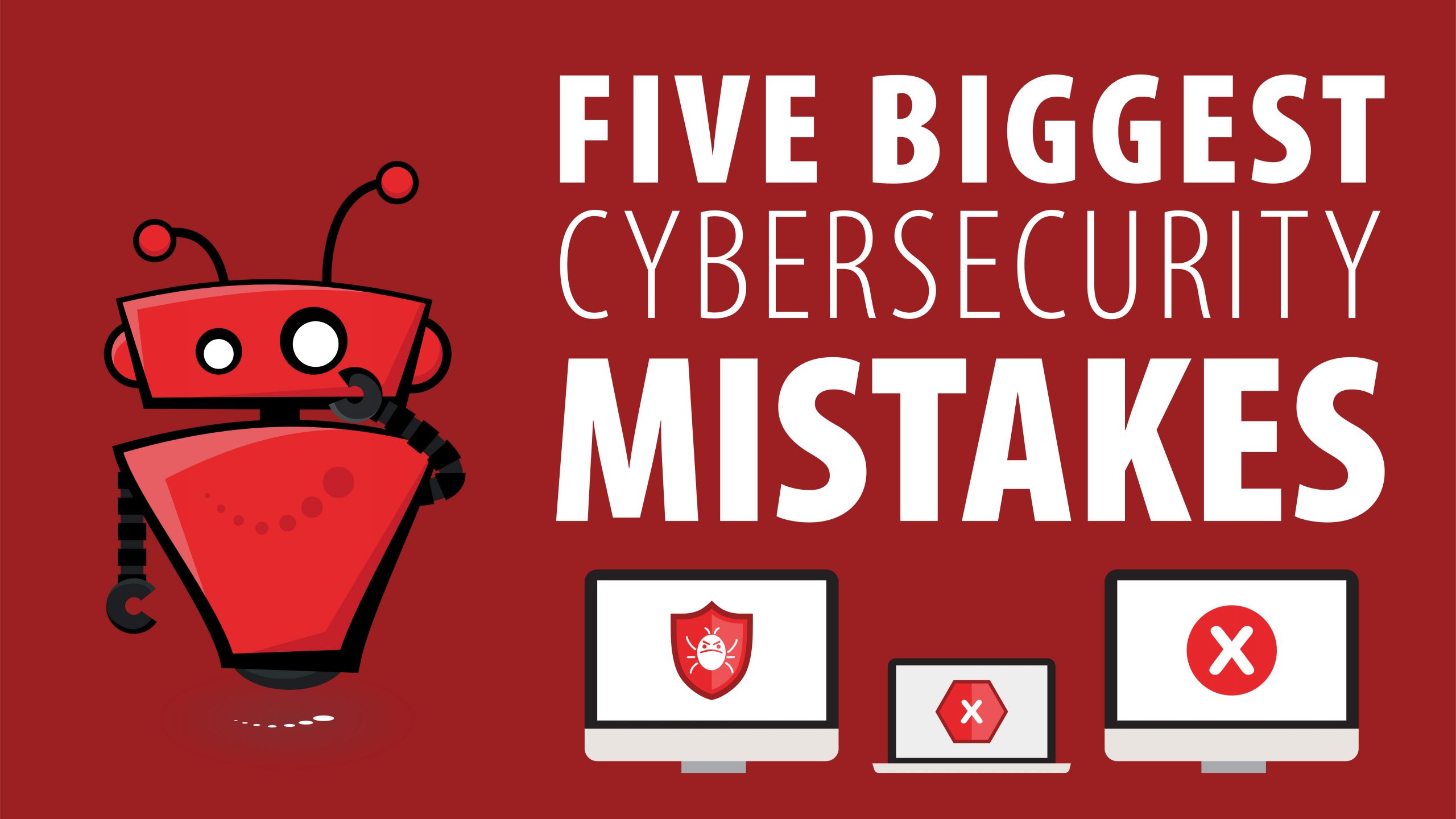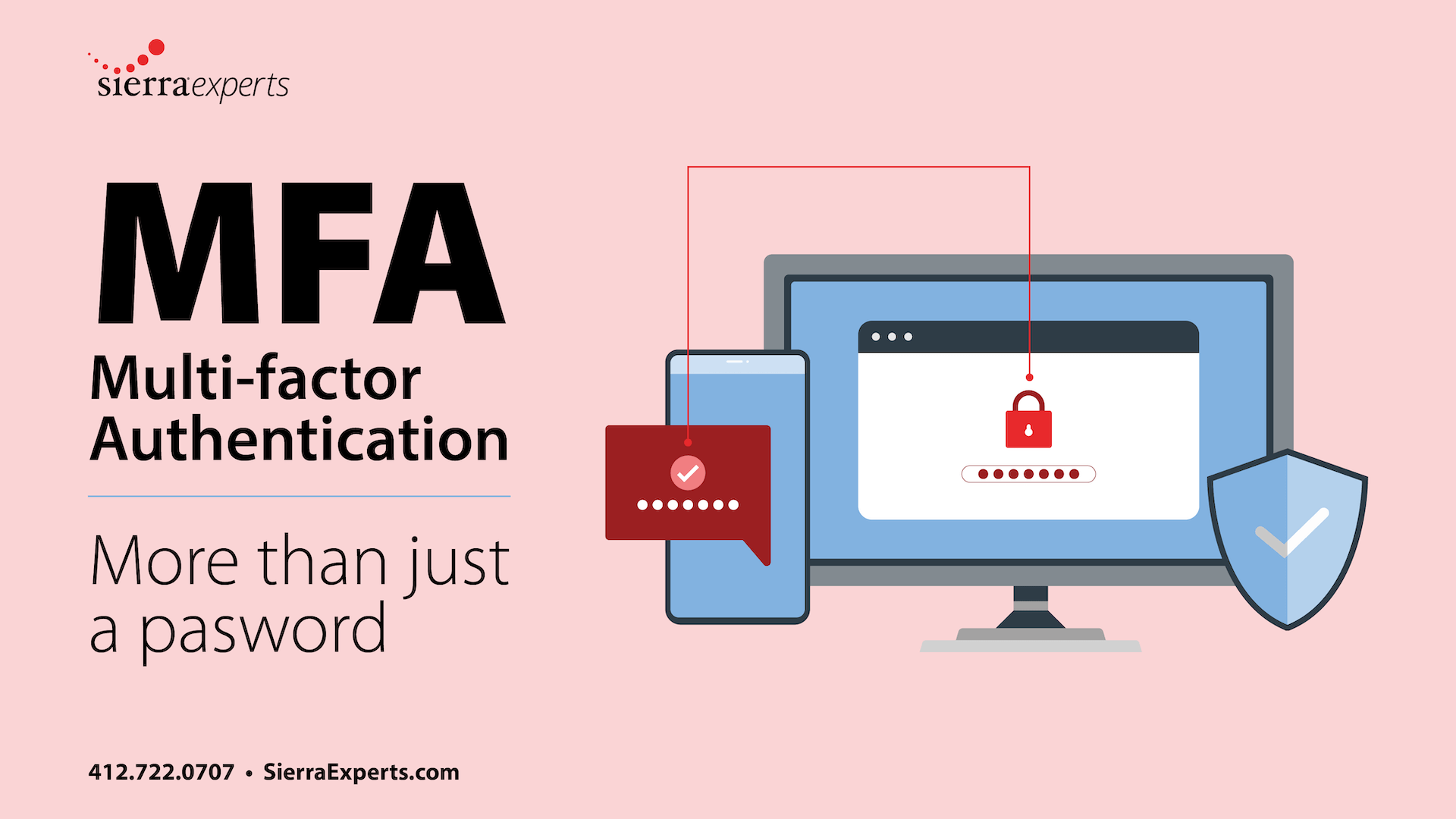Here are five biggest cybersecurity mistakes that can bring serious damage to your business. We curated this list from our experience managing cybersecurity for businesses and professionals.
1. Only focus on breaches that are big events
Cyber-attacks are many times hard to spot, when it comes to smaller breaches, it’s even so. Many times, even when you do spot a breach, it’s hard to tell exactly what was compromised.
Traditional security teams are majorly built to detect and alert large scale incidents, it is useful, but could leave smaller incidents unnoticed. Without being detected and fixed, smaller incidents can sometimes do more damage compared to immediately fixed bigger events.
Solution to this issue is to regularly and comprehensive monitor anomalies. Many early symptoms of attacks can easily be buried down the list of other “urgent issue” and never get properly worked on. By monitoring and reporting all anomalies regularly, analyze and inspect the anomalies before throwing it to the IT team, you are making their life easier and are getting to an answer faster.
2. Assuming your business is not a target.
This is a common mistake for smaller business owners, many always assume that they will not be victims of cybersecurity crimes. This misconception could be due to because of the size of their business, or not working with credit cards or personality identifiable information, some owners was led to believe that they are not desirable targets. Unfortunately, that is not true. Whether large or small, businesses in almost every industry are vulnerable to cyber-attacks.
In reality, cyber adversaries will conduct massive campaigns targeting many businesses to penetrate networks and exfiltrate data and assets. No matter the size of business, businesses certainly have information of value. It is essential for every business owner to realize that they can and will be target for cybercrimes, work plan to detect and prevent potentially damage from cyber-attacks should be developed and implemented with urgency
3. If I try hard enough, I can prevent cyber-attack from happening
That is not true. No matter how hard you try, businesses will never be able to prevent every attack. Networks are too vast and there are always different opportunities or loopholes that adversaries can find and to get in.
But what can be done is to understand the architecture of your network and keep your software updated. At the enterprise level, let IT team implement strong protocols to make sure all software is updated in a timely manner. The organization must know where its critical data is, how big the network is, where the egress points are and how the network is segmented. BY having a good understanding of the basic network principles and standard “network hygiene”, this will close many gates and loopholes for an adversary trying to breach your systems.
4. Relying solely on anti-virus technologies is enough.
This might be true two decades ago, but in today’s sophisticated threat landscape, rely solely on anti-virus technologies are not sufficient to prevent never-ending and advanced attacks. Cyber adversaries train and evolve their techniques faster than many security companies can patch their tools.
Many attackers nowadays are using tactics that are malware-free, in fact, over 60% of attackers are moving away from malware, and this is a serious challenge for many anti-virus software. This means that if you rely on anti-virus software for your cybersecurity protection, you will run into issues sooner or later.
That being said, don’t ditch anti-virus software completely. It is something still useful and must be kept up to date. Conventional anti-virus software can still catch run-of-the-mill malware, respond to threats that have already been identified and protect your business. However, these solutions are no match for advanced adversaries attacking with stealthy intrusion tactics. As business owners, what you need to do is employ solutions and teams that can identify adversary objectives and the effects of the attack, so that all your ground will be covered.
5. Believing only backup matters, but plans are not important
This is a mistake that is obvious, yet many are still making. Many businesses understand the importance of backing up their data, but quite a few do not have a backup plan. Any sort of disaster can happen to a business, from a simple human error to an unforeseen natural disaster, to a ransomware attack. There is no knowing how and when something will happen. In order to minimizing negative impacts from disasters and bring business back to regular operation, a backup plan is necessary
Usually when an attack or disaster happens, there will be multiple steps that need to take place before a business can get back running. Many times, these steps can take up several hours our even days. So, it is important to have a backup plan and set up alternative working arrangements in these events so that everyone can keep going.
Check out here on the services Sierra Experts provide to help you avoiding cybersecurity mistakes and take your business to the next level!





